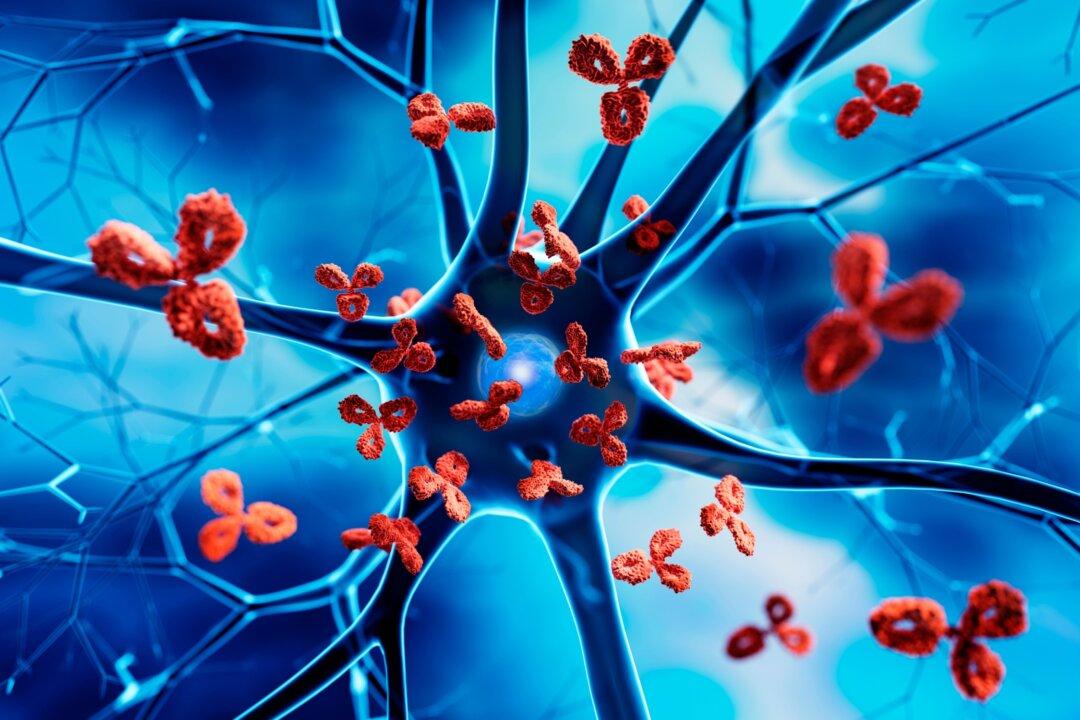Traditional treatment for chronic depression typically involves medications that impact brain neurotransmitters — brain chemicals responsible for mood, motivation, behavior, and mental activity. However, many patients with depression do not respond well to pharmaceutical treatment or natural remedies such as 5-HTP or Saint John’s Wort.
While the conventional medical model insists on sticking with these minimally successful approaches, a new model of depression has emerged in recent years.






